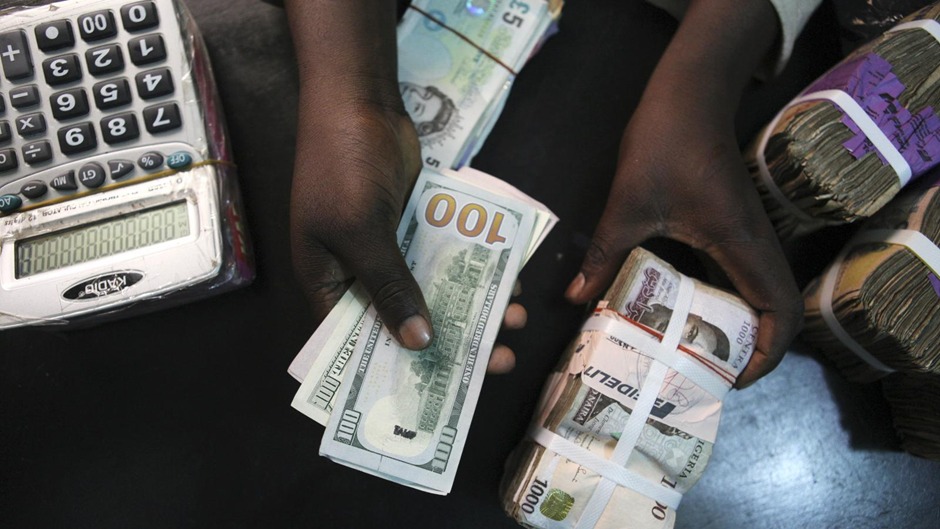On October 9, 2024, the naira fell vs the US dollar, closing at N1,625.13 during the official Investor and Exporter (I&E) window. This was accompanied by a modest decline in crude oil futures, which came in at roughly $76 per barrel.
This latest fluctuation, with the naira falling by 4.06% from the previous trading day’s closing rate of N1,561, indicates a change in Nigeria’s foreign exchange dynamics.
In the I&E window, market turnover also experienced a large decline, dropping from $253.68 million the day before to $170.60 million, a 49% decrease.
Key Points
On October 9, 2024, the naira closed at N1,625.13 per dollar, reflecting a 4.06% decrease from the previous day’s rate of N1,561.76. Throughout the trading session, the naira fluctuated, reaching a high of N1,652.00 and a low of N1,560.00 before settling at the closing rate.
The day’s total dollar market turnover in the Investors and Exporters (I&E) window dropped significantly to $170.60 million, compared to $253.68 million traded on the previous day. For context, the total turnover in September was recorded at $3.3 billion.
In the parallel market, the naira started the day at N1,619.22 per dollar. Minor fluctuations saw it reach a high of N1,621.35 and a low of N1,618.41, before closing at N1,618.85.
Trends in the Market:
Nigeria’s currency rate has been under constant pressure throughout 2024, which has resulted in a significant devaluation. The value of the naira has declined by more than 70% since the year’s commencement; it began trading at N907.11/USD in January and reached the N1,500/USD mark by October.
The naira saw a severe devaluation in the first part of 2024, peaking at N1,616.53 per dollar in February.
March saw some improvement following a brief moment of optimism, with the value of the naira stabilising at N1,303 per dollar.
Nevertheless, this encouraging development was fleeting. The naira dropped below N1,100 by the beginning of April, and it closed the second week at N1,002.
The currency continued to depreciate despite this brief respite, ending September at N1,668.97.
What To Note
The price of a barrel of Brent crude dropped to $76 as the price of oil slightly declined around the globe.
As fuel stations around the nation changed their prices to reflect this latest hike, the price of gasoline at the pump increased to N1,030 per litre.
Expectations:
Because so many things are produced and transported using inexpensive energy, businesses may choose to pass on the higher costs to consumers, which could worsen inflation.
More favourable circumstances will be necessary for major market actors, who base their choices on economic realities, to preserve market trust.
Therefore, more encouraging developments are essential to sustaining investor interest in Nigeria’s currency markets.



